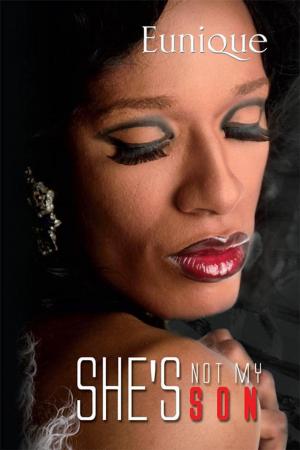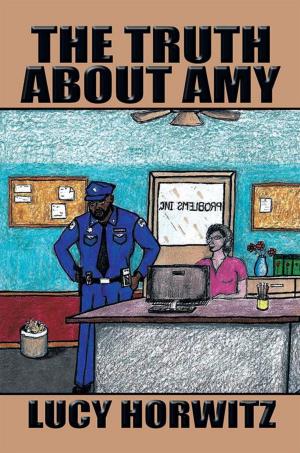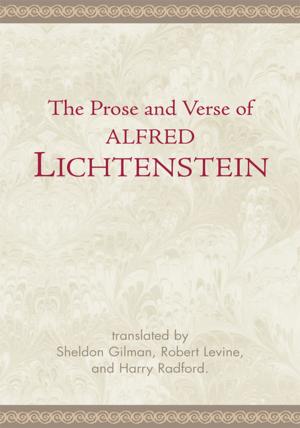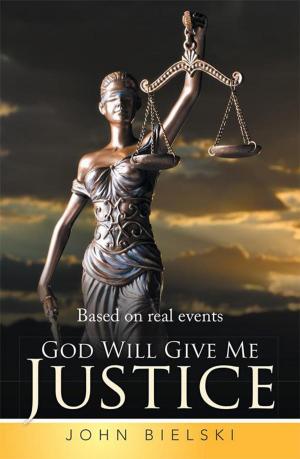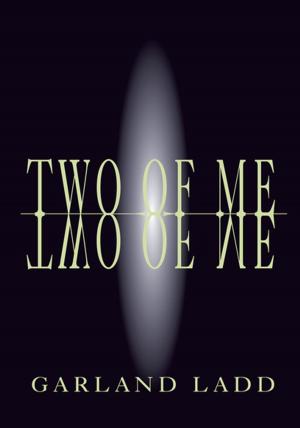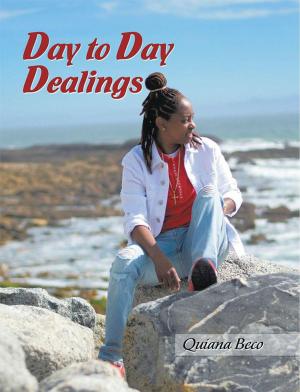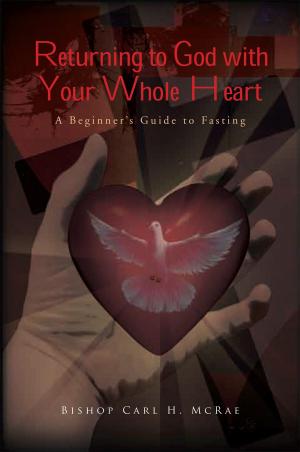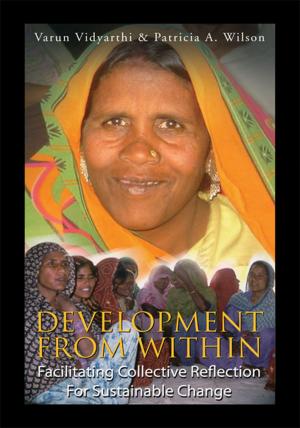Spiritual Maturity
The Whole Elephant
Nonfiction, Religion & Spirituality, Inspiration & Meditation, Spirituality| Author: | Leslie Reynolds | ISBN: | 9781462834570 |
| Publisher: | Xlibris US | Publication: | October 15, 2001 |
| Imprint: | Xlibris US | Language: | English |
| Author: | Leslie Reynolds |
| ISBN: | 9781462834570 |
| Publisher: | Xlibris US |
| Publication: | October 15, 2001 |
| Imprint: | Xlibris US |
| Language: | English |
piritual Maturity: The Whole Elephant provides a look at spiritual maturity for both spiritual seekers and the spiritually/ religiously committed. It provides a glimpse of the whole elephant, to use a term based on the Hindu metaphor of the blind men and the elephant. It contains widely diverse answers to ten defining questions about spiritual maturity. These questions include: the characteristics of spiritual maturity, the relationship to psychological and moral maturity and to social action and the culture, stages to and which organizations support attainment, alone or in community, how to support others on the path, and where you are. The answers are given by thirty spiritual leaders--not leaders of the national or academic variety, but leaders of the shoe leather variety: clergymen--Catholic, Protestant, Jewish and New Age; university professors and a psychotherapist; monks and sisters; a Native American; followers of Islam, Hindu, and Buddhist practices; members of 12-Step programs and a human development trainer; an African-American Sufi and black Baptist deacon. It is spiritual maturity made accessible to everyone. It closes with the reflections of a university professor after viewing the Holocaust Museum, providing a glimpse of the possible cost of holding on, so rigidly, to our specific understanding of who God is and his possible plan for us. Imagine a dialogue among people who hold very different points of view. The group consists of a Bible church pastor, a law school professor, a member of Alcoholics Anonymous, the abbot of a Zen monastery, a Roman Catholic sister who is an instructor in Spiritual Direction, a Baptist worship leader, and a Methodist pastor. Imagine two of them as reluctant participants: one, the member of Alcoholics Anonymous, because he is not exactly a fan of organized religion; the second is the Bible pastor, who appeared suspicious of mingling with other leaders of non-Bible based religions. The dialogue follows: Always the teacher, the law professor begins by giving his definition of spiritual maturity: Coming of age in the spirit. While everyone nods wisely in agreement, they then realize that they all have differing definitions of spirit and even of coming of age. The Methodist pastor picks up the thread. The person would have an awareness of the divine in life. They would have a sense in which they would understand that which we call God and feel some connectedness and relatedness to that God. Looking around for agreement, he continues, They would be able to utilize the rites and rituals of their faith in an effective manner with as little sense of magic or mere wish fulfillment as possible. They would be able to give witness to that in a variety of ways, whatever is appropriate that comes with their setting. He points out, aware of the diversity of the setting, that what he was saying could be taken in the broadest possible sense. This application would apply to a Buddhist, or a Muslim, as well as a Christian. Afraid that the conversation might digress, the Baptist worship leader enters the conversation to qualify: Its not something we can produce. Its Christ-likeness produced inside us through friendship with the triune God. He explains that what spiritual maturity means to the Christian is Holy-Spirit maturity. He elaborates: he means Holy-Spirit-produced maturity...
Nodding in agreement, the Buddhist abbot says, I think there is a certain spiritual maturity that comes with people who are really into any spiritual practice--deep into whatever spiritual practice. They seem to be open to all others--seem to have respect for one another. That would be wonderful if we all had that openness to one anothers spiritualities. I encountered my own prejudice: All human beings have particular biases--beliefs that we hold to be true, whether we are aware of them or not. One question I asked, rather awkwardly, of
piritual Maturity: The Whole Elephant provides a look at spiritual maturity for both spiritual seekers and the spiritually/ religiously committed. It provides a glimpse of the whole elephant, to use a term based on the Hindu metaphor of the blind men and the elephant. It contains widely diverse answers to ten defining questions about spiritual maturity. These questions include: the characteristics of spiritual maturity, the relationship to psychological and moral maturity and to social action and the culture, stages to and which organizations support attainment, alone or in community, how to support others on the path, and where you are. The answers are given by thirty spiritual leaders--not leaders of the national or academic variety, but leaders of the shoe leather variety: clergymen--Catholic, Protestant, Jewish and New Age; university professors and a psychotherapist; monks and sisters; a Native American; followers of Islam, Hindu, and Buddhist practices; members of 12-Step programs and a human development trainer; an African-American Sufi and black Baptist deacon. It is spiritual maturity made accessible to everyone. It closes with the reflections of a university professor after viewing the Holocaust Museum, providing a glimpse of the possible cost of holding on, so rigidly, to our specific understanding of who God is and his possible plan for us. Imagine a dialogue among people who hold very different points of view. The group consists of a Bible church pastor, a law school professor, a member of Alcoholics Anonymous, the abbot of a Zen monastery, a Roman Catholic sister who is an instructor in Spiritual Direction, a Baptist worship leader, and a Methodist pastor. Imagine two of them as reluctant participants: one, the member of Alcoholics Anonymous, because he is not exactly a fan of organized religion; the second is the Bible pastor, who appeared suspicious of mingling with other leaders of non-Bible based religions. The dialogue follows: Always the teacher, the law professor begins by giving his definition of spiritual maturity: Coming of age in the spirit. While everyone nods wisely in agreement, they then realize that they all have differing definitions of spirit and even of coming of age. The Methodist pastor picks up the thread. The person would have an awareness of the divine in life. They would have a sense in which they would understand that which we call God and feel some connectedness and relatedness to that God. Looking around for agreement, he continues, They would be able to utilize the rites and rituals of their faith in an effective manner with as little sense of magic or mere wish fulfillment as possible. They would be able to give witness to that in a variety of ways, whatever is appropriate that comes with their setting. He points out, aware of the diversity of the setting, that what he was saying could be taken in the broadest possible sense. This application would apply to a Buddhist, or a Muslim, as well as a Christian. Afraid that the conversation might digress, the Baptist worship leader enters the conversation to qualify: Its not something we can produce. Its Christ-likeness produced inside us through friendship with the triune God. He explains that what spiritual maturity means to the Christian is Holy-Spirit maturity. He elaborates: he means Holy-Spirit-produced maturity...
Nodding in agreement, the Buddhist abbot says, I think there is a certain spiritual maturity that comes with people who are really into any spiritual practice--deep into whatever spiritual practice. They seem to be open to all others--seem to have respect for one another. That would be wonderful if we all had that openness to one anothers spiritualities. I encountered my own prejudice: All human beings have particular biases--beliefs that we hold to be true, whether we are aware of them or not. One question I asked, rather awkwardly, of

